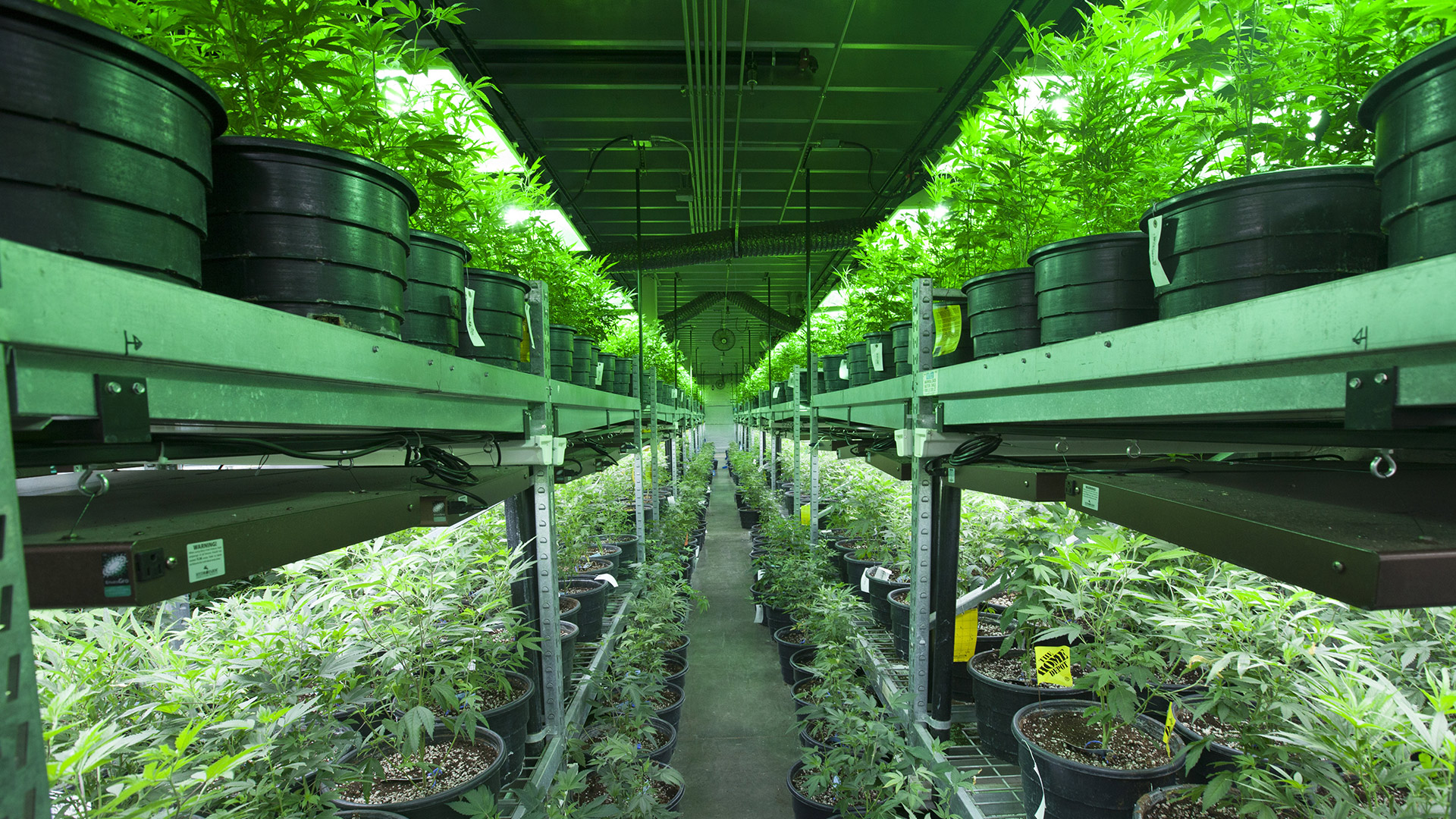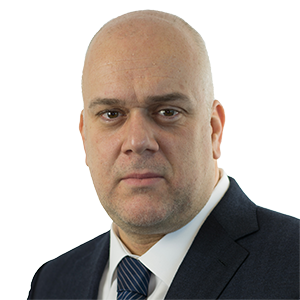Introduction
As demand for cannabis products continues to skyrocket, the cannabis industry worldwide has developed into a unique market that is independent, with a controversial reputation and shifting legalities. In 2018, Greece joined the list of countries that are in the process of legalizing and regulating their local cannabis market, as previously the cultivation, importation and use of cannabis were banned. Greece is one of the first European countries enforcing such a regime and is now attracting global attention. To the disappointment of many, recreational cannabis remains banned, but an impressive interest from foreign investors, particularly for medicinal cannabis and less for hemp, is currently spreading around the country creating business opportunities. A new thriving market is born.
Snapshot of the medical cannabis regime in Greece
The Greek law on addictive substances / narcotics (the Law) provides for the substances, which are considered drugs, and, as such, their production, mixing, possession and distribution being expressly prohibited in Greece – certain exemptions, though, apply to:
(i) Raw products resulting from the cultivation of the cannabis species Cannabis Sativa L containing up to 0.2 percent of tetrahydrocannabinol (THC) – in Greece hemp is included in this category
(ii) Certain food stuff, cosmetics and nutritional supplements containing THC
The Law was recently amended in March 2018, followed by the implementation of secondary legislation in May, July, October and November 2018, to permit for the first time in Greece, subject to meeting the respective requirements provided for by the law, the production and related activities of medical cannabis as follows:
(i) The production, possession, transportation, storage and supply of raw material and substances of the cannabis species Cannabis Sativa L containing more than 0.2 percent of THC
(ii) The production, import and trade of propagating material
(iii) The installation and operation of a unit / facility for the processing and production of the end medical cannabis products (Medical Cannabis Products)
With the sole purpose of (Permitted Business):
(i) Either supplying the Greek State monopoly and its distribution for medical purposes; or
(ii) Exporting
Currently there are discussions between the interested fora (including private investors) and the Greek State for the increase of the limit of 0.2 percent of THC to 0.6 percent of THC, meaning that hemp will include products containing up to 0.6 percent of THC and medical cannabis will refer to products containing more than 0.6 percent of THC, but such increase is still under discussion.
Greece has adopted a two-stage licensing approach to provide comfort to investors for them to carry out the Permitted Business: first they need to get a five-year installation license prior to committing any funds and then a ten-year operation license as soon as the facility is ready. Both licenses are issued by a joint decision of the Ministers of (a) Finance, (b) Development and Investments, (c) Health and (d) Rural Development and Food. Finally, the production and marketing of the Medical Cannabis Products are subject to a production license and a three-year authorization by the Greek National Organization for Medicines (able to be renewed for three years each time following evaluation of the benefits and risks of the Medical Cannabis Products for the public health).
As of today:
(i) 25 installation licenses have already been awarded all around Greece.
(ii) The related investments total €360 million adding 2,250 new jobs in the local market.
(iii) 430,000 m² of greenhouses and 100,000 m² of industrial facilities will be constructed.
(iv) Another 55 applications have been submitted requesting an installation license, which could result in more than €1 billion direct investments and 5,000 new jobs.
(v) No operation license has been awarded yet, as the related facilities are still under construction.
Licensing requirements
Eligible persons: The licenses required to carry out the Permitted Business in Greece can be granted either to individuals (from a practical and tax perspective, no such case exists, nor is it expected to) or to entities, provided that such individuals or the members of the management of such entities (Board Chairman, CEO, administrators etc.) do not fall into any of the following categories:
(i) Having been convicted for felony and received any punishment for theft, embezzlement, fraud, extortion, forgery, lawyer’s infidelity, bribery, oppression, infidelity to the service, breach of duty, sex-related crimes and crimes of financial exploitation of sex
(ii) Are finally charged with a felony or have been charged with a misdemeanor related to (i) above
(iii) Are subject, following a court order, to guardianship (due to mental, health or other disability)
All restrictions under (i) – (iii) above apply to the employees of the licensees working in the cultivation and production facilities, including truck drivers who transport the produce.
EU persons: Such applicants are required to appoint a tax representative and an agent of service in Greece.
Non-EU persons: Such applicants are required to either permanently reside (in the case of individuals) or have their seat (in the case of entities) in Greece.
Land requirements: The plots of land eligible to host the Permitted Business in Greece should meet the following requirements:
(i) Non-adjacent plots of land owned by the same applicant require separate licenses.
(ii) 1 acre is the minimum surface of the subject plot of land (from a practical perspective, applicants currently refer to plots of land with not less than 2.5-acres surface).
(iii) The subject plot of land can be either owned or leased or its use granted for free.
(iv) The subject plot of land is required to be fenced (min. 3 m. high) and 24-hours guarded per day (certain technical standards are provided for, including motion sensors, CCTV and trained guards) and the cultivation area closed (a greenhouse is required).
(v) The subject plot of land should be located more than 1 km. from a school and more than 10 km. from certain lakes (if located within 5 km. – 10 km. from such a lake, certain liquid waste approvals are required).
(vi) Certain restrictions on the subject plot of land apply in case of its location to medium / high voltage electricity cables crossing, water pipes, archaeological areas, nearby airfields, forest lands, environmentally protected areas, neighboring farms/quarries/rivers, etc.
Installation license: The application for the five-year installation license requires mainly the following:
(i) Use of land certificate by the competent Planning Department
(ii) Site layout plan including facilities plan
(iii) Environmental terms approval (or other environmental law license, as appropriate), if required
(iv) Technical report on the facilities specifications, including the indicative location of the machinery
(v) Certain identification documents for the individuals involved in the application (ID / passport, criminal record, statements on meeting the eligibility requirements above etc.)
(vi) Tax/social security clearances and certain court certificates for the applicant (on bankruptcy, related restructuring proceedings etc.)
(vii) Filling of a certain questionnaire detailing the investment
(viii) Payment of a €10,000 State charge
As soon as the complete file is submitted, the installation license is awarded within 30 days and within the next 15 days the competent Department runs an on-site check of the facility to confirm the details of the submitted file. Certain of the above documents are re-submitted for update purposes by the end of each calendar year.
Operation license: The application for the 10-year operation license requires mainly the following:
(i) Property title or lease agreement or grant of use agreement (as the case may be)
(ii) Facility layout plan including location and list of machinery
(iii) Certificate of the competent local Police Department on meeting the security standards provided for by law
(iv) Industrial facility construction permit, greenhouse permit and the related site layout plan (as the case may be)
(v) Certain statements by the engineers / technicians involved / State certificates on the various parts of the facility (as the case may be)
(vi) Payment of a €10,000 State charge
Again:
(i) As soon as the complete file is submitted, the operation license is awarded within 30 days.
(ii) Within the next two months the on-site check of the facility follows.
(iii) Certain of the above documents are re-submitted for update purposes by the end of each calendar year.
Licenses’ transferability – change of licensee’s shareholders: The installation and the operation licenses are expressly not transferable. This prohibition extends to involving and/or granting to any third party any part of the licensed activities. Any change, though, in the shareholders of the licensee is permitted and solely notified to the Licensing
Department of the Directorate General of Industry of the Ministry of Development and Investments submitting together all required documentation for the new individuals coming in the licensee’s management.
Production license: The related regime applicable to all kind of medicines applies to the Medical Cannabis Products as well , i.e. an application by the holder of the installation and operation licenses is required and as soon as the complete file is submitted, the production license is awarded within 90 days.
Marketing authorization: The application for such separate three-year authorization by the Greek National Organization for Medicines requires mainly the following:
(i) Contact details of the applicant
(ii) Name, qualitative and quantitative composition of the Medical Cannabis Product
(iii) Methods and specs of the quality control of both the raw materials and the Medical Cannabis Product
(iv) R&D and production process of the Medical Cannabis Product
(v) Healing indications, adverse indications and side effects
(vi) All other details applicable to medicines (including labeling and instructions on use requirements)
The said authorization for marketing the Medical Cannabis Products is awarded only to the holder of the installation and operation licenses.
Implementing secondary legislation
The details for carrying out the Permitted Business are provided for in the following two main implementing joint ministerial decisions:
(i) The joint ministerial decision no. 51483/700/Φ.15/14.08.2018, as in force, broadly specifies:
(a) The necessary documentation and procedure in order to obtain the installation and operation licenses
(b) That, in the event of modifications or expansions to the licensed facilities, a new installation license is required as well as the amendment of the existing operation license
(c) The specifications of security and safety of the manufacturing facility
(d) The process for the safe transportation of the Medical Cannabis Products
(e) The process and specifications for importing propagating material and its cultivation
(f) Certain sanctions in case of breach
(ii) The ministerial decision no. Δ3(γ)52588/13.07.2018, as in force, mainly sets out:
(a) The required definitions related to Medical Cannabis Products
(b) The terms and conditions for getting the production license and the marketing authorization (applying to Medical Cannabis Products marketed in Greece, exported outside of Greece or imported into Greece)
(c) The content of the Core Summary of Product Characteristics
(d) Issues relating to the classification of the Medical Cannabis Products, restrictions on advertisement, monitoring side effects and certain sanctions in case of breach
Compared to other countries, including EU member States, Greece seems to benefit, from an investor’s point of view. Its two-stage licensing approach, means interested investors are not required to financially complete their investment prior the company receiving the required license. Further advantages for the country include: having suitable environmental conditions, which are so vital for the cultivation of medical cannabis, and attractive labor costs. There is still a long way ahead and a number of issues to be resolved, but the future looks promising for servicing a new EU market that is projected to reach a turnover of more than €120 billion in ten years’ time.



